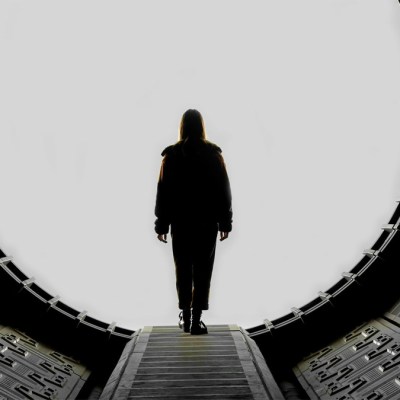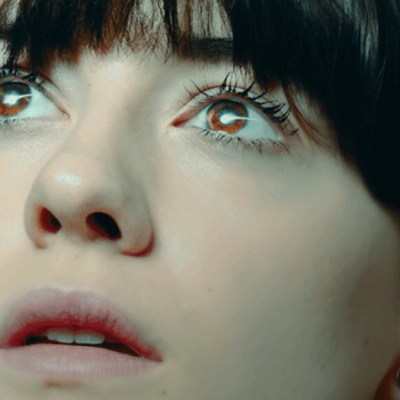War of the Worlds Director: the Title ‘Was Perhaps Unhelpful’
The director of hit FOX UK sci-fi drama War of the Worlds on the show’s pace, questions, reimagining of the original story, and series 2…
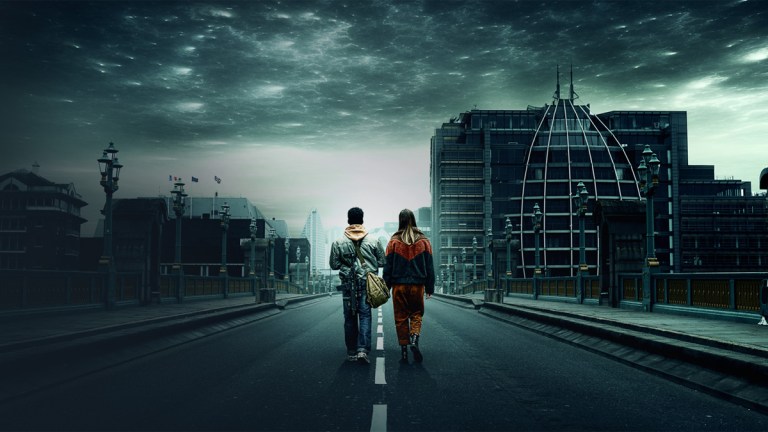
“We can argue until the cows come home about whether calling it War of the Worlds was wise or not,” says director Richard Clark. The Anglo-French sci-fi written by Misfits creator Howard Overman recently finished airing on FOX UK, where it earned the channel some of its biggest original drama ratings. The lack of resemblance to its H.G Wells namesake, though, didn’t go unnoticed.
Set in the present day across locations in London and France, War of the Worlds is an alien invasion story, but that’s where the similarities to Wells’ novel end. Overman created a new cast of characters, new weapons, new aliens with a new modus operandi and a new overreaching storyline with multiple series in its sights.
“You do risk upsetting people. ‘Where are the Tripods, where are the lasers?’ etc.” says Clark. But it’s better to be bold, he argues, than to try to please everybody. Drama should involve and invent and explore, not just endlessly repeat itself. It has to have the courage of its convictions.
Among War of the Worlds’ convictions are that the sci-fi genre is for asking age-old questions about what it means to be human. That’s the reason to “upset the apple cart” dramatically and create changed environments such as this one, says Clark – an apocalypse in which most of the population is wiped out by an alien threat.
“Do we fight for our self-interest, as a matter of survival and protect those nearest and dearest, or do we recognise that it’s in our best interest to work collectively?” Clark sums up. Humanity and individuals oscillate between the two, he says, just as is proven daily in the news stories coming out of Coronavirus lockdown.
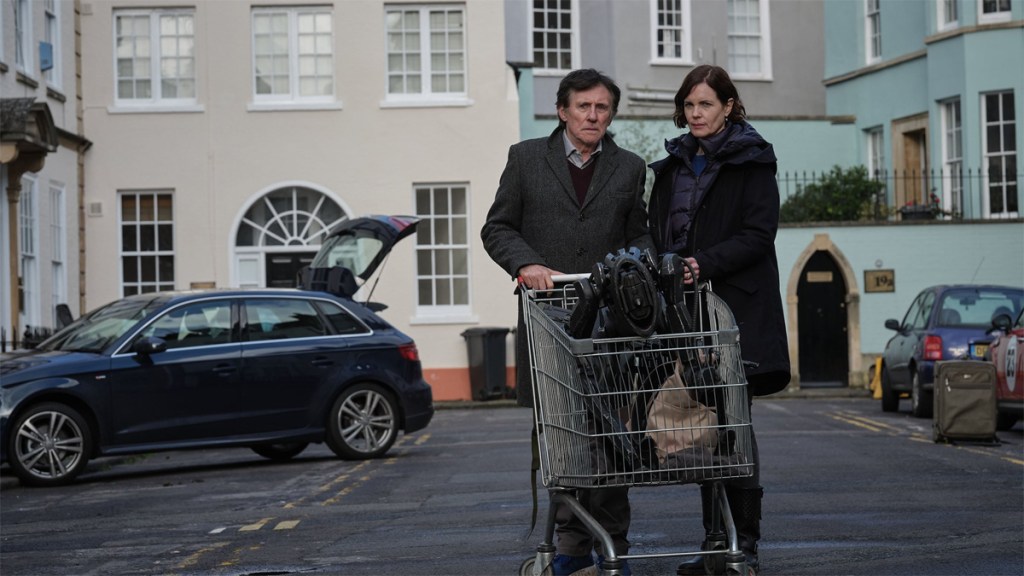
On that subject, was this a fortuitous moment to air a drama about desolate, empty streets and society grinding to a halt? No idea, says Clark. Audiences may well be looking for light relief rather than an evocative, complex end-of-the-world story right now. The global lockdown though, has proved a natural fit for the sense of emptiness they wanted to create in War of the Worlds.
“This is probably the closest any of us have ever really come to that sense of solitude. If you imagine 95% of the world’s population just, in the blink of an eye, vanishing, imagine how empty the world would feel, how strange and lonely, how silent, how eerie it would be. That sense of eerie desolation is what we wanted to capture.” Locations such as the IRAM observatory at Grenoble, with its looming array of satellite dishes that first detected the alien signal, were chosen for their brutalist vastness.
Another of the show’s convictions is that it pays dividends to invest time in a story. “With long-term investment and engagement, you start to hopefully feel for and tease out layers of emotional complexity that you couldn’t do otherwise.” We live in a culture of instant gratification, says Clark. Especially when it comes to television, we’re all addicted to the new.
From the producers of family teatime fantasies Merlin and Atlantis, this series was a step into the world of serious international drama, Clark explains, describing War of the Worlds as atmospheric and slow-burn. It requires a little patience, something perhaps in short supply with such a wealth of viewing choices around. “You’ve got to settle into a different rhythm,” he says. “If you’re too used to that constant, kinetic, instant gratification, this is probably going to piss you off.”
“If people feel short-changed [by the title] and don’t like it, maybe it was the wrong show for them,” he tells Den of Geek. “There is a danger you set up expectations that you don’t deliver but I think there’s always a danger of that. If you go into a 3 [Michelin] star restaurant and you came in looking for a burger, you’re going to be disappointed!” Not that there’s anything wrong with a burger, Clark clarifies. We all love a burger.
War of the Worlds isn’t without its burger ingredients, to labour the metaphor. While it resolutely holds its nerve when it comes to pacing and allowing space around the action (Overman writes succinctly and sparsely, says Clark. “He sketches scenes out so there’s detail in the dialogue but there’s a lot of room for manoeuvre.”), it remains a show in which alien robot sniper dogs stalk survivors through corpse-strewn landscapes. It’s a matter of balance, Clark says. The peril and threat are there to get pulses racing, but the show shouldn’t be a slave to them. “We can’t pretend to be something we’re not,” he concludes.
Despite its guns and alien battles, War of the Worlds is resolutely not a macho alien shoot ‘em up. That much is obvious from its lyrical, intense quietness (Clark’s visual references for the series were inspired by Dutch paintings and drawn from across European cinema), but becomes especially clear from the series’ midway point. In episode five of eight, there’s a switch, says Clark. The alien sniper robots that started out as a lethal threat were made to seem… pitiful.
“Suddenly these creatures that we had barely seen, that were responsible for wholesale slaughter, you turn around and make them empathetic, because of the way the soldiers are treating them. I wanted almost on a dime suddenly for you to feel empathy for these creatures who have been up until that point, ruthless killing machines,” says Clark.
It’s an illustration of the series’ approach to politics which, Clark agrees, differs from the BBC One The War of the Worlds, which aired late last year and wore its colonial critique very much on its sleeve. “This is less political with a big P and more a question of what it is to be human. It starts to allude to the nature of war and moral questions about when we fight, why we fight, what’s justified about when we fight and how we need to demonise our enemy in order to do what we need to do.”
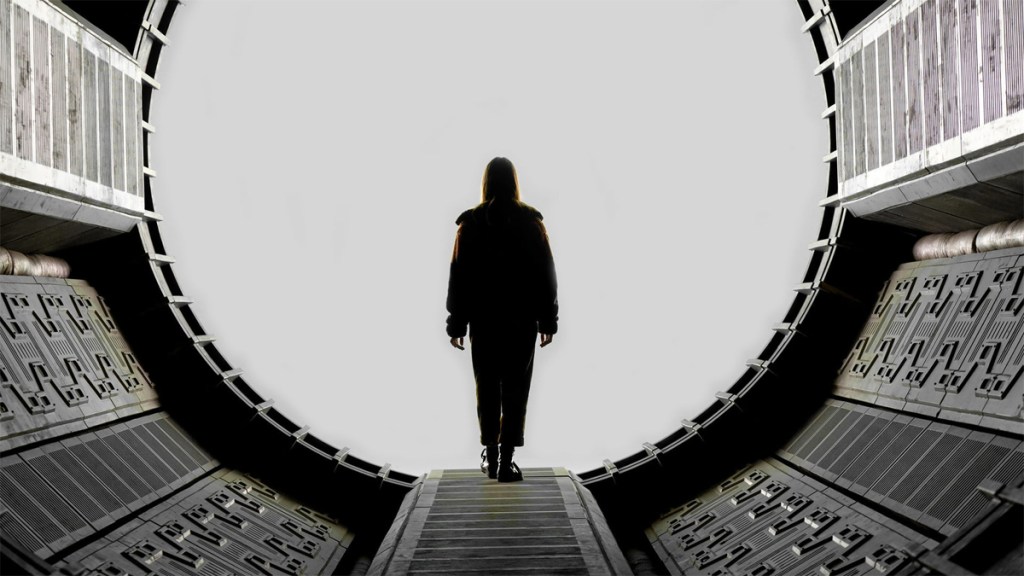
“Getting people to empathise with a bunch of limbs” was a challenge for Clark’s team and the CGI specialists at Vine FX, but one well managed. The scenes he describes, in which a group of soldiers abuse and humiliate a captured alien, inevitably raise the spectre of the torture meted out to prisoners at Abu Ghraib during the Iraq War. It’s not overstated, but the message is there, much like the CGI itself, the approach to which was to make it “as invisible as possible”. The idea was to “make sure the CGI was very low-key and in support of the human story.”
Human stories are on Clark’s mind, especially in the current crisis. Making television can be strangely isolating, he reflects. During production, he and his colleagues are “obsessively absorbed” for months at a time. “Getting up at five in the morning and getting in at ten at night, being away from home and family.” Then when a show is broadcast, especially on a non-mainstream channel, it’s hard to tell what splash – if any – it’s made.
“These are deep and intense emotional commitments you make, and they often just appear and disappear. I trained as an architect originally and what was quite nice about the idea of architecture at least was creating something and building something with a sort of permanence to it, it stands there for the test of time.”
An experience this week – one that wouldn’t have happened without the Coronavirus lockdown, which is making us all seek new communal experiences to share at a distance – showed Clark that television can also stand the test of time. Organised by Doctor Who Magazine’s Emily Cook, a series of Twitter watchalongs have been taking place online, uniting the show’s fans and creators. Clark’s 2011 episode The Doctor’s Wife, written by Neil Gaiman, was one such and the experience was wholly uplifting.
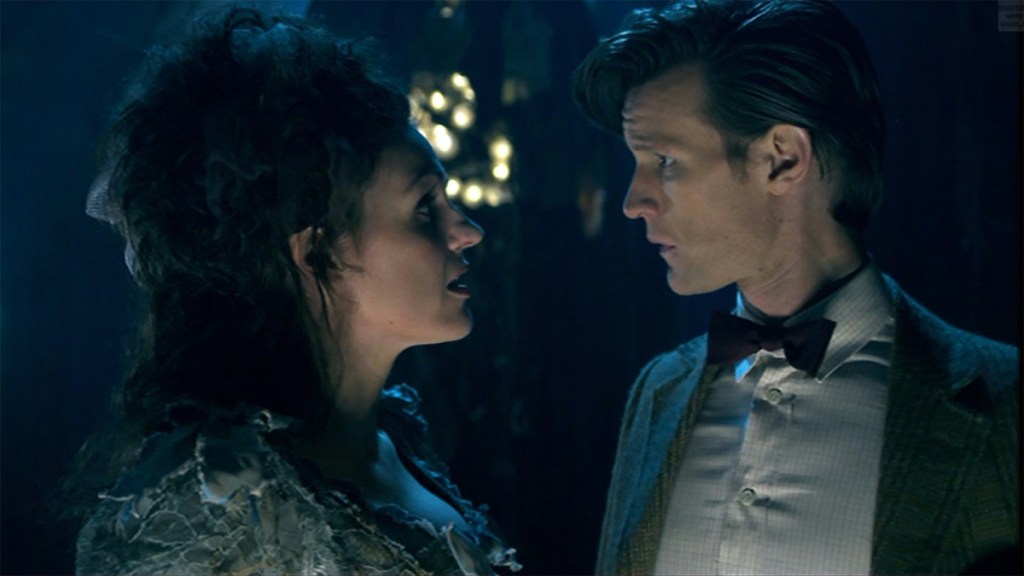
“Watching with people, you get a genuine sense that actually these things you do, they do go out there, they do land in people’s lives. They might be hated or they might be loved but they are embraced. It means an awful lot to know that. It makes it feel like it’s worth doing.”
Especially at this time of disconnection, I suggest, storytelling can be a lifeline.
“It’s strange the things that have filtered up and become important to us that we didn’t quite realise,” says Clark, praising the key work done by delivery drivers and shop workers and caregivers. “The hope is that maybe out of the horror of this experience, it may encourage us to see what is important, what do we value, and stories are also essential. They’re not just a currency to throw away and earn bucks, they are a currency that invites us to ask how we live, what choices we make. They are essential. I would hope that might resonate a little bit more. Who knows. I live in hope.”
The entire season of FOX’s War Of The Worlds will be available on Sky / NOW TV / Virgin Media and Talk Talk until 16th May.

